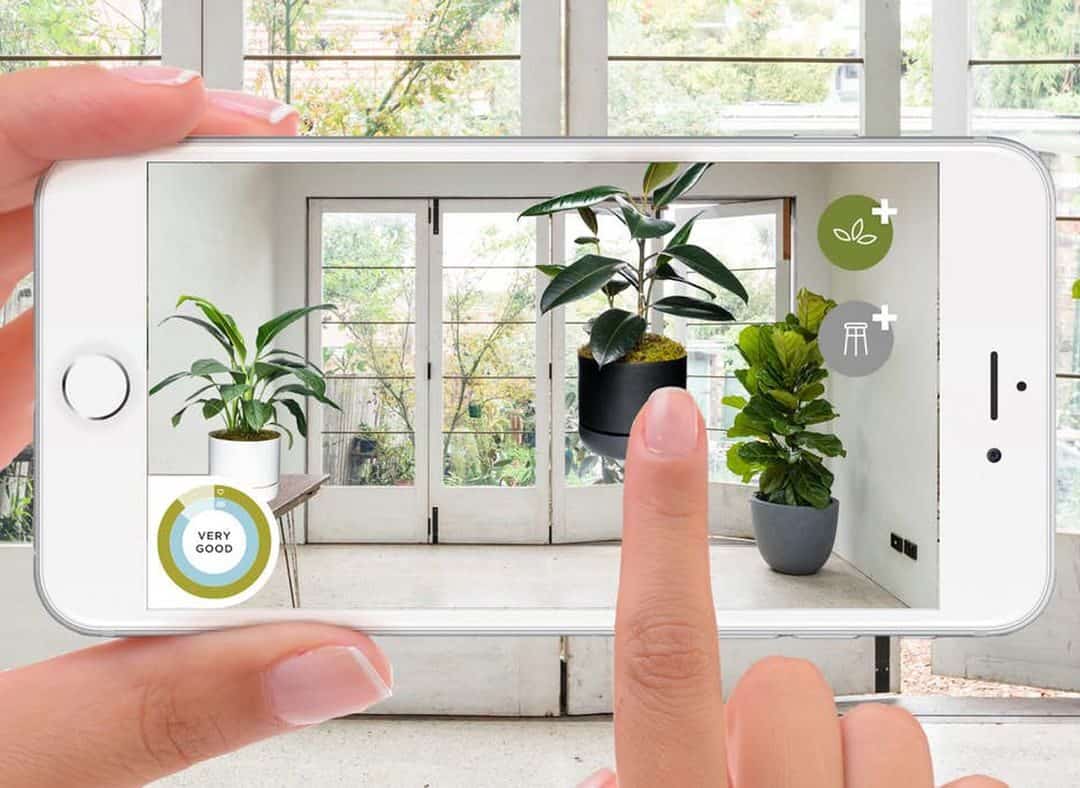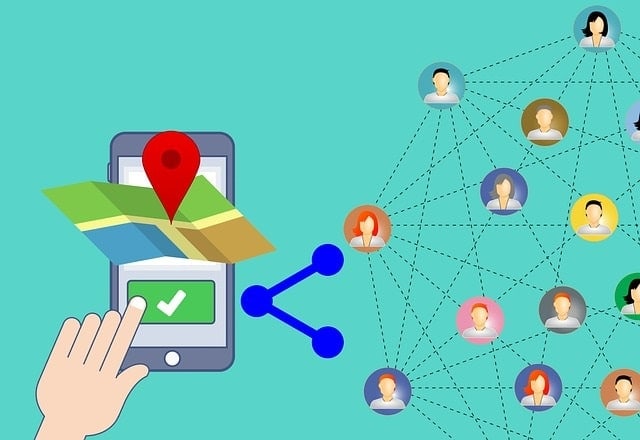In today’s rapidly evolving digital landscape, engagement and user experience serve as cornerstones for success across industries. The real estate sector, long characterized by traditional processes and often complex workflows, is no exception. Multiple Listing Service (MLS) applications, widely used by buyers, sellers, and real estate professionals, are undergoing significant transformation. Among the emerging trends is the incorporation of gamified elements within mobile MLS apps—a strategic blend of game design principles with property search tools aimed at boosting engagement, improving usability, and ultimately enhancing decision-making.
The Changing Nature of Real Estate Engagement
Traditionally, property searching has been a labor-intensive and sometimes tedious task. Prospective buyers typically navigate MLS databases through straightforward searches that often overwhelm due to sheer volume. While filtering options aid in narrowing results, they rarely provide an immersive or motivating user experience. Real estate professionals, too, face challenges in keeping clients motivated and actively involved during the lengthy and detail-oriented home-buying process.
Gamification presents a compelling answer to these challenges. By borrowing interactive techniques from the gaming industry, such as point scoring, achievement badges, challenges, and leaderboards, MLS apps can transform property searching into a more engaging, rewarding, and even fun activity.
What is gamification in the context of MLS apps?
Gamification refers to the application of game mechanics and thoughtful design to non-game environments to drive specific behaviors and create deeper user involvement. In MLS apps, this might manifest as rewarding users for exploring listings, participating in virtual tours, sharing properties with friends, or submitting feedback. Such elements encourage users to interact more frequently and meaningfully with the platform.
Moreover, gamification in MLS apps introduces progressive goals, encouraging buyers to learn more about neighborhoods, market conditions, and financing options as they advance through the app’s experience. This layered approach not only educates but also helps demystify the complex home-buying journey, empowering users to make confident choices.

Benefits for Buyers
From a buyer’s perspective, gamification adds a novel dimension to what is traditionally a serious and sometimes stressful endeavor. Turns spent combing through pages of listings become interactive quests, with rewards providing motivation and satisfaction. For example, an app might award points for viewing a set number of properties or completing a market quiz. These incentives can come in form such as discounts, access to exclusive listings, or recognition within the user community.
This approach helps reduce the cognitive overload buyers often face by breaking large amounts of information into manageable and enjoyable segments. The encouraging atmosphere fosters persistence and engagement, increasing the likelihood that buyers will stay focused and active in their searches.
Furthermore, gamified features often integrate social components. Shared challenges or leaderboard statuses can foster a sense of community, allowing users to exchange insights, recommendations, and feedback. This social engagement can be especially valuable in competitive markets, where collaboration and timely information can make a substantial difference.
Advantages for Real Estate Agents and Brokers
Real estate agents and brokers also gain significant advantages from gamified MLS apps. Increased buyer engagement translates into more opportunities for meaningful interaction and relationship building. Gamification can help agents keep clients informed and motivated throughout the buying process, reducing drop-off rates.
Agents can leverage data generated from gamified activities to better understand client preferences and behavior patterns, enabling more targeted communications and property recommendations. The ability to track which properties generate the most engagement or which educational challenges resonate best allows for the continuous refinement of client strategies.
Additionally, gamified apps can introduce “agent challenges” designed to boost productivity and client outreach. Sales contests, achievement milestones, and collaborative goals within a brokerage foster motivation and team cohesion. This dual benefit enhances both buyer satisfaction and agent effectiveness.
Key Gamification Features in MLS Apps
Successful integration of gamification within MLS mobile apps hinges on carefully designed features that balance motivation, usability, and relevance. Common elements include
-
Point Systems: Users earn points for actions such as browsing listings, attending virtual open houses, or completing educational modules.
-
Badges and Achievements: Visible markers of progress encourage users by acknowledging milestones, such as viewing ten properties or successfully submitting an offer.
-
Challenges and Quests: Structured activities that guide users through different aspects of the home-buying journey or market exploration, fostering education and discovery.
-
Leaderboards: Ranking users or agents based on engagement or achievements to spark friendly competition and social interaction.
-
Rewards and Incentives: Tangible or intangible benefits tied to gamified activities, including discounts on services, early access to listings, or exclusive content.
Challenges and Considerations
Despite the potential benefits, implementing gamified experiences in MLS apps requires thoughtful execution. One central challenge is ensuring that gamification enhances rather than distracts from the core goal of efficient property searches. Overly complex or intrusive game mechanics can frustrate users or dilute credibility.
Another consideration is the diversity of user preferences. Not all buyers respond equally to gamification; some may prefer straightforward, no-frills interfaces. Therefore, apps should offer opt-in options for gamified features and allow customization of the experience to meet individual tastes.
Data privacy and security must also be addressed. Collecting and analyzing user engagement data to fuel gamification must comply with privacy regulations and protect sensitive information.
Lastly, success demands ongoing content updates and innovation to keep users interested. Stale or repetitive challenges lose their allure, making continuous investment in fresh gamified elements essential.
The Intersection of Gamification and Emerging Technologies
The future of gamified MLS experiences is closely tied to advances in technologies such as artificial intelligence (AI), augmented reality (AR), and virtual reality (VR). AI can personalize gamified journeys by tailoring challenges and recommendations based on user behavior and market trends, increasing relevance and satisfaction.
AR and VR offer novel opportunities for immersive engagement. Virtual tours combined with gamified exploration incentives could let users “unlock” hidden details about properties or neighborhoods as they navigate digital spaces. This deepens understanding and emotional connection to potential homes before physical visits.
Furthermore, integration with social media platforms expands gamification’s reach, enabling the sharing of achievements and collaborative search experiences with family or friends, both critical factors in real estate decisions.

Impact on Market Dynamics and Consumer Behavior
The incorporation of gamified elements in MLS apps has the potential to shift market behaviors notably. More engaged buyers tend to make quicker, better-informed decisions, increasing transaction velocity. They may also explore unconventional neighborhoods or property types prompted by gamified discovery, diversifying demand.
For sellers and brokers, increased buyer interaction can translate into stronger interest and fewer stale listings. Meanwhile, the competitive spirit fostered through gamification can enhance agent performance and innovation within brokerages.
However, it is important to monitor the influence of gamification on decision quality to avoid impulsive choices driven by reward-seeking rather than proper due diligence. Responsible design must balance engagement with education and transparent information.
Conclusion
Gamified mobile experiences in MLS applications are ushering in a new era of real estate interaction. By infusing property searches with game mechanics, these apps succeed in making the complex, sometimes overwhelming home-buying process more approachable, motivating, and even enjoyable. Buyers gain from structured engagement, clearer educational pathways, and social connectivity, while agents benefit from deeper insights, client retention, and enhanced productivity.
The advent of complementary technologies promises further innovation, offering immersive, customized, and socially dynamic real estate journeys. Although challenges exist, particularly related to user diversity and privacy, the overall transformative impact of gamification is undeniable. As MLS apps continue to evolve, those embracing gamified elements stand poised to lead the market, offering a user-centric experience aligned with the digital age’s demands and opportunities.
Ultimately, gamification represents more than just entertainment. It is a strategic tool that blends psychology, technology, and real estate expertise to create empowered buyers, informed agents, and dynamic marketplaces. This fusion points to a future where property discovery is as engaging as it is effective.
Frequently Asked Questions
-
What is gamification in MLS mobile apps?
Gamification applies game design elements like points and challenges to MLS apps to boost user engagement and enjoyment. -
How does gamification benefit homebuyers?
It makes the property search more interactive and motivating, helping buyers stay focused and informed throughout the process. -
Can real estate agents use gamification to improve client relations?
Yes, gamification offers agents insights on client preferences and helps maintain buyer interest and communication. -
What gamified features are common in MLS apps?
Features include point systems, badges, leaderboards, quests, rewards, and social sharing options. -
Are gamified MLS apps suitable for all users?
Gamification is optional and customizable, allowing users to opt in or out according to their preferences. -
Does gamification improve the efficiency of property searches?
Yes, it encourages active engagement, reducing time spent browsing irrelevant listings. -
What challenges exist when implementing gamification in MLS apps?
Challenges include balancing fun with functionality, user diversity, data privacy, and keeping content fresh. -
How do emerging technologies enhance gamified MLS experiences?
Technologies like AI, AR, and VR personalize journeys, create immersive virtual tours, and boost social interaction.













